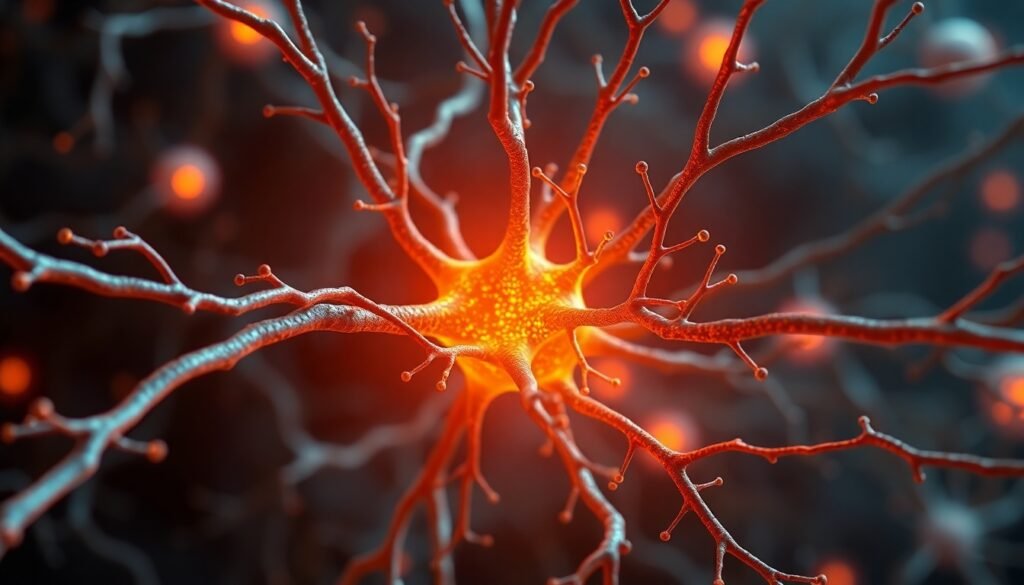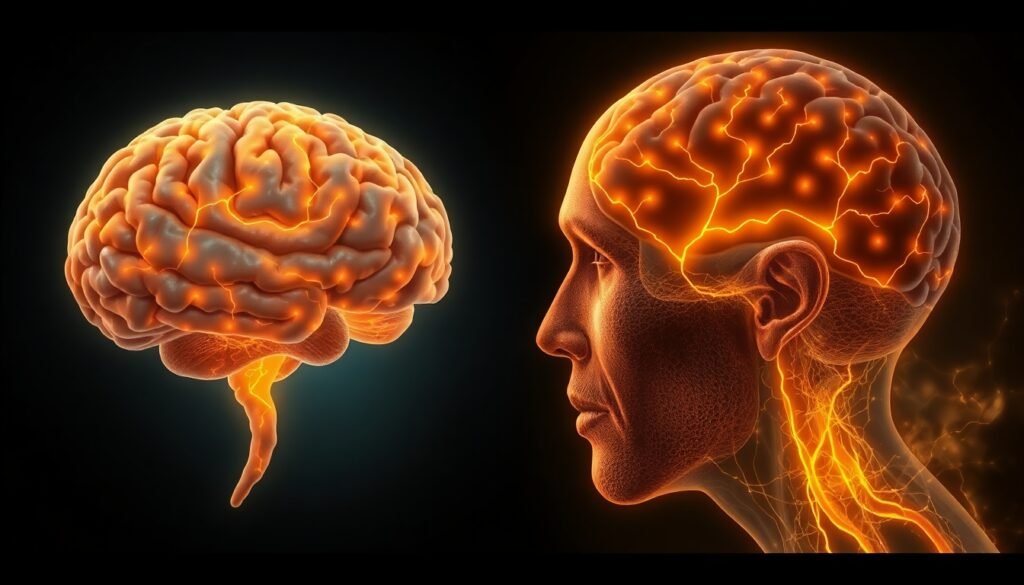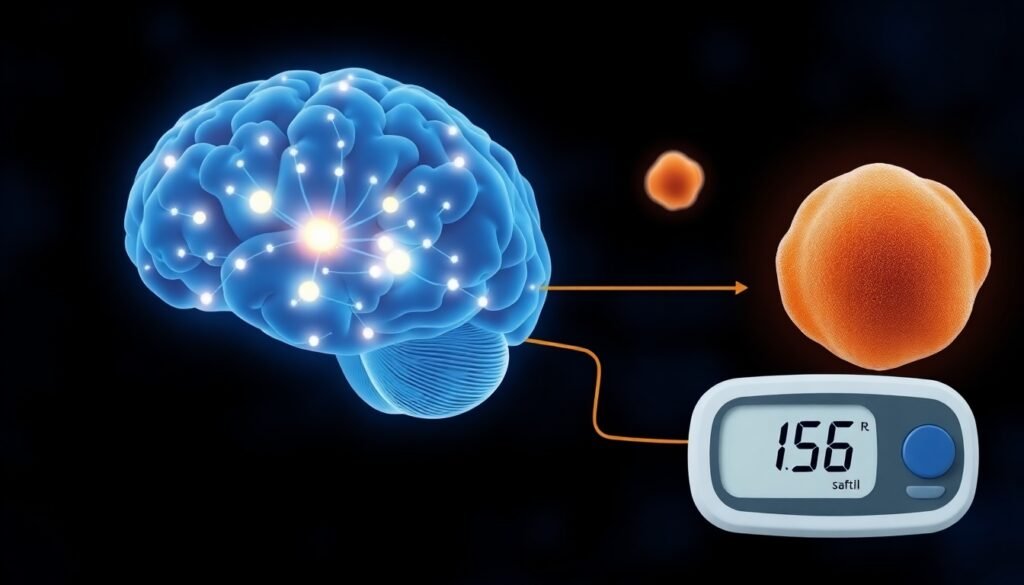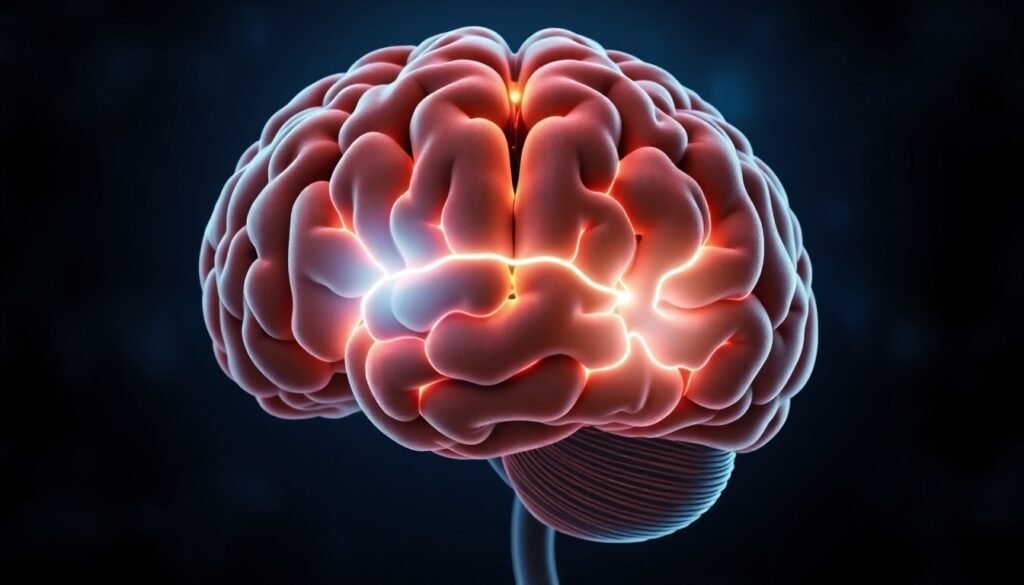We love to believe our furry friends are expert judges of character, but a new study from Kyoto University suggests the truth about canine social evaluation is far more complicated.
Have you ever introduced your dog to a new person and watched its reaction like a hawk? Many dog lovers share a common belief: if my dog doesn’t like you, there must be something wrong with you. We treat our canine companions as furry, four-legged character witnesses, trusting their instincts to sniff out a person’s true nature. This idea is deeply ingrained in our culture, but it begs a scientific question: can dogs truly form reputations and socially evaluate humans, or are we just projecting our own feelings onto them?
For years, researchers in animal cognition have been fascinated by this question. We know that other highly social and intelligent species, like chimpanzees, are capable of forming reputations. They can watch how one individual treats another and adjust their own behavior accordingly. Given the incredibly long and intimate history dogs share with humans, it seems logical to assume they would possess a similar skill. However, the scientific findings have been surprisingly inconsistent, painting a muddled picture of our best friends’ cognitive abilities.
Now, a new study from a research team at Kyoto University adds another crucial, and somewhat startling, piece to this puzzle. Their findings challenge our most cherished assumptions and suggest that when it comes to judging character, a dog’s thought process might be far more complex—and less conclusive—than we ever imagined.
Putting Pups to the Test
To get to the bottom of this, the researchers designed a clever experiment. They wanted to see if dogs could form a reputation of a person based on their generosity, both by watching from afar and through direct experience. The team recruited 40 pet dogs of various ages—young, adult, and senior—to participate. The choice of pet dogs was deliberate. A previous study at the Wolf Science Center in Austria had found that pack-living dogs and wolves didn’t seem to form reputations, but researchers theorized this could be due to their limited and specific interactions with humans. Pet dogs, on the other hand, are immersed in the human world, making them ideal subjects to test this capacity.
The experiment unfolded in two key phases. First came the “eavesdropping” condition. Each dog watched as a “demonstrator” dog interacted with two different humans. One human was designated as “generous,” offering the demonstrator dog a tasty food reward. The other was “selfish,” showing the dog the food but then refusing to give it. The subject dog was simply an observer, taking in the social dynamics from the sidelines.
Following this observation period, the tables were turned. In the “direct experience” condition, the subject dog got to interact with both the generous and selfish humans itself. The researchers carefully documented the dogs’ behavior. Who did they approach first? How much time did they spend near each person? Did they show more affiliative behaviors, like jumping or tail-wagging, towards the one who had previously been generous?
The Surprising Verdict
The results were unambiguous and, for many dog lovers, likely disappointing. Across all age groups, the dogs showed no significant preference for the generous person over the selfish one. Their choices did not exceed what would be expected by random chance. This held true not only after they had eavesdropped on the other dog’s interaction but also after they had directly experienced the generosity and selfishness for themselves.
This outcome is profound. It suggests that even with firsthand information, the dogs did not appear to form a negative or positive reputation that guided their subsequent social choices in this context. The generous human wasn’t rewarded with more attention, and the selfish one wasn’t snubbed.
“It’s clear that reputation formation may be more complex than previously thought, even for animals like dogs that closely cooperate with humans,” noted Hoi-Lam Jim, the corresponding researcher on the study. The findings highlight a significant gap in our understanding of how dogs perceive and process human behavior.
Is It the Dog, or the Test?
So, does this mean our dogs are incapable of judging us? Not necessarily. The researchers are quick to point out that these negative findings might say more about the experimental design than about a dog’s inherent ability. Science is an iterative process, and a null result is not an endpoint but a signpost pointing toward new questions.
Jim explains, “It is possible that methodological challenges in the experimental design, particularly the use of a two-choice test, may explain our negative findings, rather than an absence of capacity.” In other words, asking a dog to simply choose between person A and person B might be too simplistic a measure to capture a nuanced cognitive process. Reputation formation isn’t necessarily a black-and-white decision, and a dog’s internal evaluation might not be immediately obvious in its approach behavior.
This study underscores the immense difficulty in designing experiments that can accurately tap into the minds of another species. We can’t ask a dog what it’s thinking, so we must rely on interpreting its behavior—a task fraught with complexity and potential misinterpretation.
Where Do We Go From Here?
The Kyoto University study doesn’t close the book on canine character judgment; it opens a new chapter. The research team advocates for future studies to systematically compare dogs from vastly different backgrounds and life experiences. How would a highly trained service dog, whose job depends on reading human cues, perform in this test? What about a free-ranging village dog or a dedicated police K9? Expanding the diversity of the canine participants could reveal how life experience and training shape these sociocognitive skills.
For now, the mystery endures. The powerful, intuitive feeling that our dogs know who is good and who is not remains a compelling part of the human-animal bond. Yet, the scientific evidence urges caution. Perhaps our dog’s apprehension toward a stranger is less about a moral judgment and more about a novel scent, a loud voice, or an unfamiliar posture.
While science continues its work, we can still cherish the unique bond we have with our dogs. That bond is built on a foundation of shared history, consistent care, and mutual affection—a reputation formed not in a single interaction, but over thousands of them. And for that, you don’t need a scientific study to know it’s real.



